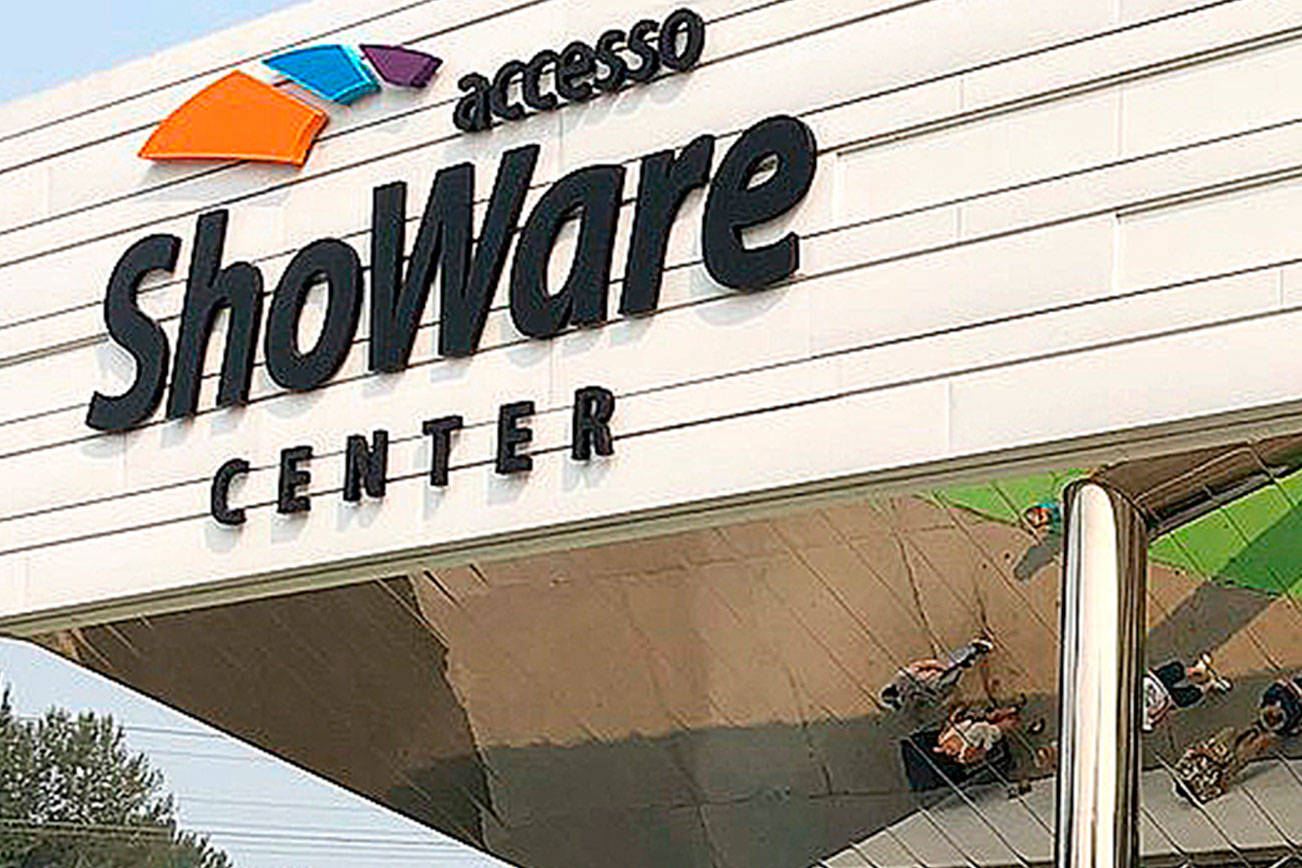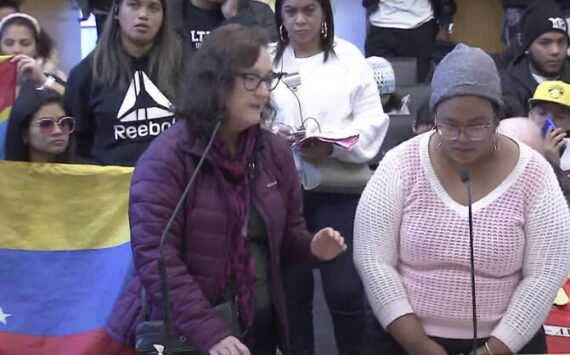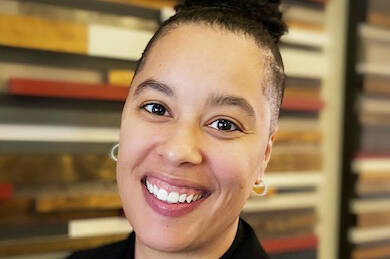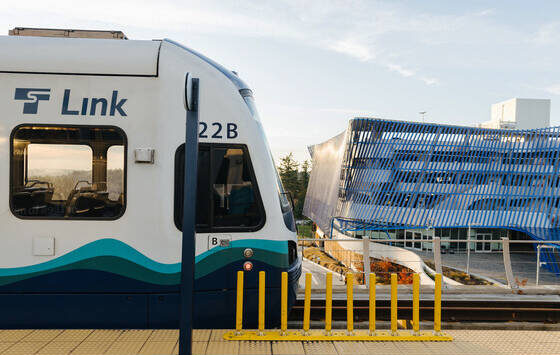After an unexpected slow start to 2019, the financial losses continue to mount this year at the city-owned accesso ShoWare Center.
The Kent arena has lost $852,825 through the first nine months, including $554,441 in the third quarter alone, according to the ShoWare Center’s income statement through September. The arena had expenses of $2.77 million and revenue of $1.92 million in the first nine months, putting it on a trend for one of its highest annual losses since it opened in 2009.
The ShoWare Center losses so far this year are also about $215,000 more than operator SMG budgeted, a deficit that began when the arena had its worst first quarter ever.
“Our quarter one loss of $150,000 was due to inclement weather in February – affecting attendance by 30,000 less guests than budgeted, thus affecting our food and beverage numbers by $191,000,” said Tim Higgins, ShoWare general manager, in an email.
Higgins blamed the first-quarter losses on snowstorms that impacted attendance at three hockey games, caused a concert to be canceled and moved a show to a later date in the year.
A couple members of the Public Facilities District Board, which meets four times a year and helps oversee operations of the ShoWare Center, asked Higgins about the higher expenses that contributed to the losses.
“It’s cyclical,” Higgins said at the Oct. 31 board meeting. “We had the same number of events as last year, but our events were not as big revenue producers as events the previous year. Our staffing is the same. If we have more Christian shows than rock shows, our food and beverage, the beer sales will be much lower, but we staff the same.”
SMG projected low revenue in the third quarter because of the challenge to attract concerts in the summer months with several outdoor venues available in the greater Seattle area.
“Historically, due to the third quarter being July, August, and September, this quarter’s budget will have a significantly lower revenue number,” Higgins said in an email. “Many shows or events do not play indoors during the summer months.”
The arena hosted just one concert in August.
Higgins said the budget forecasts are conservative because of the method SMG uses.
“We can only project what is on the books,” he said. “Then we hustle throughout the year. We have six concerts on the books for next year, but we hope to get 18 to 20.”
The more concerts SMG books for ShoWare, the more revenue it earns. But bringing in more concerts has remained the primary challenge for SMG since the arena opened and competes with about two dozen other venues in the greater Seattle area. The ShoWare has lost more than $4 million since it opened 10 years ago. The City Council covers the losses with money from the general fund, setting aside as much as $500,000 annually in recent years.
The city also charges a 5 percent admission tax on each ticket sold, funds counted separately from the income statement for the $84 million arena. The admission tax, $224,511 so far this year, goes to the city’s general fund to help pay for capital costs and to cover losses.
The arena’s highest loss was $752,324 in 2014. Its best year was a loss of $155,268 in 2016. Higgins said strong ticket sales for events in the fourth quarter this year will lower the losses from the third-quarter figure of $852,825.
While the arena has never had a year when it made a profit, Higgins pointed out at the board meeting that the ShoWare has drawn nearly 400,000 people in each of the last two years.
“We are driving people to Kent through offering entertainment,” Higgins said.
Board member Randall Smith agreed with that statement.
“All of the restaurants really benefit from that,” Smith said.
The Seattle Thunderbirds junior hockey team is the anchor tenant of the arena, moving to Kent from Seattle’s KeyArena in 2009. SMG also brings in numerous concerts as well as family shows such as Disney On Ice that just completed a four-day run.
“It’s a great building, market and location,” Higgins said. “This building brings people to the city.”
When a couple of board members questioned the high cost of indirect expenses in the third quarter, Higgins said those costs remain about the same each quarter no matter how many events the arena books. The ongoing costs include labor, repairs, maintenance, utilities, fees and other items.
“If you look at last year’s numbers we had significant shows,” Higgins said about 2018 when the arena lost $197,052, one of its better years. “Expenses are pretty close, but revenue would be up.”
New hockey partners
The Thunderbirds, members of the Western Hockey League, added two new corporate sponsors in Chick-fil-A and Papa John’s, said Colin Campbell, T-Birds vice president.
Chick-fil-A is the presenting partner of Chick-fil-A 2-for Tuesdays. Every Tuesday fans can enjoy 2-for-1 tickets, beer, hot dogs, popcorn and soda specials. In addition, the first 2,500 fans in attendance at each Tuesday game will receive a Collector Player Magnet and a Chick-fil-A sandwich coupon, for redemption at a local Chick-fil-A. Papa John’s is the official pizza company of the T-Birds.
The T-Birds also market the arena suites and recently sold an annual suite to Half Lion Brewing. Half Lion is based in Sumner but operates a restaurant and bar at the city of Kent’s Riverbend Golf Complex. Campbell said Half Lion plans to offer a Thunderbird sandwich at its restaurant, 2019 W. Meeker St.
Attendance at T-Birds games remains on pace with last year, Campbell said. The high attendance so far this season was 4,659 at the season opener against the Kamloops Blazers. The smallest crowd was 3,231 on Oct. 11 against Kelowna Rockets. The arena can seat about 6,200.
“We draw lighter early in the year,” Campbell said.
Seattle is 5-7-2-1 and in last place in the U.S. Division.
“We are a young team but we are an exciting team to watch and are going to fight for a playoff spot,” Campbell said.








